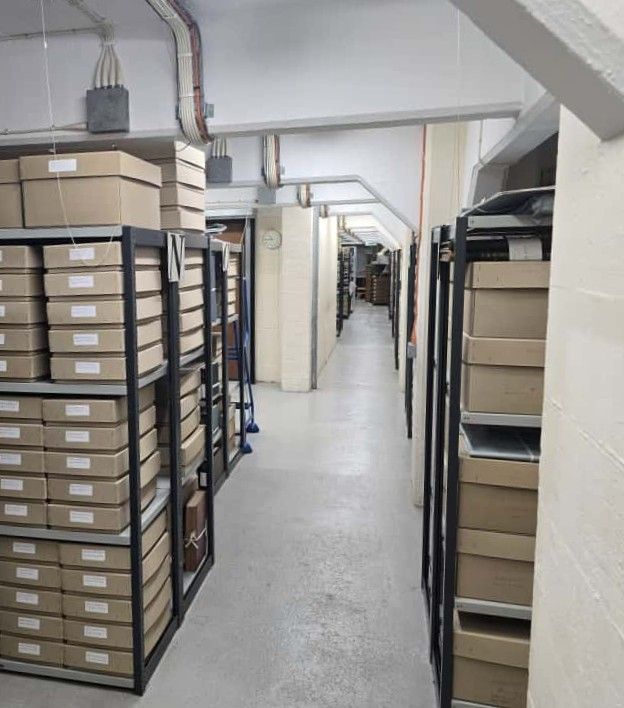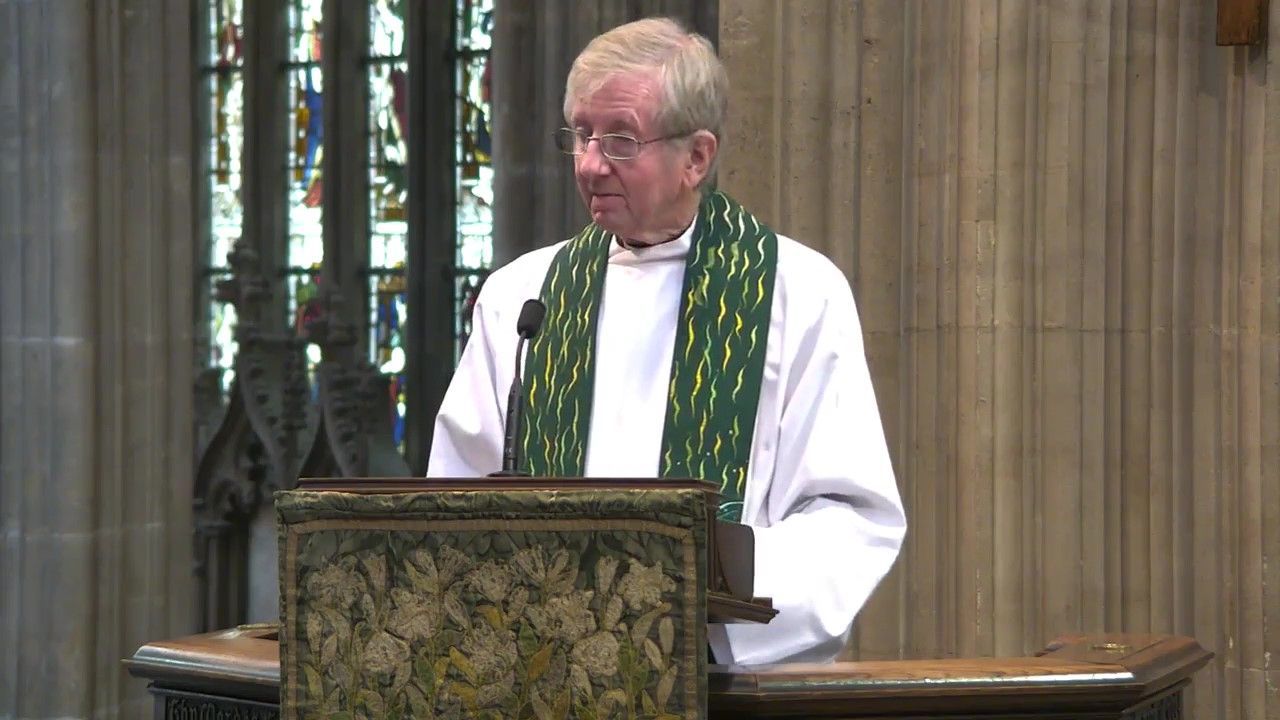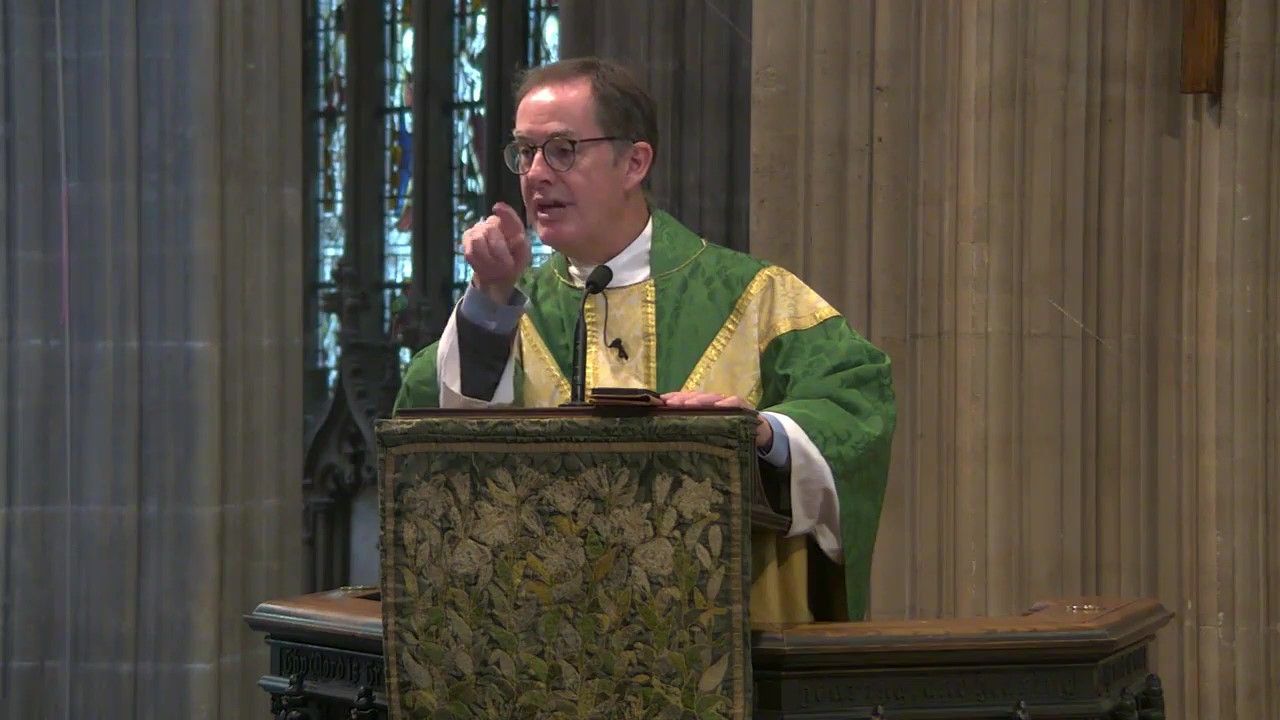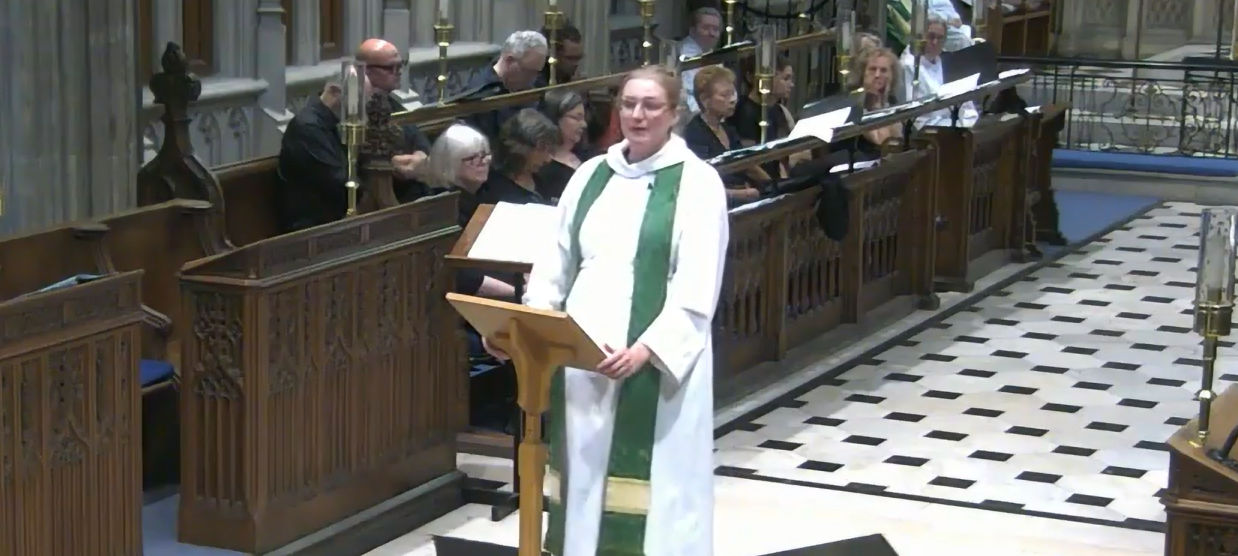A Sleepy Gardener and A Out of Control Weed
A few days ago my parcel from Vinted arrived. For those who don’t know, Vinted is an app where you can buy second-hand clothes, you can also sell clothes as well, which is a great side business for anyone interested! I bought a white linen blouse/ shirt type thing for the summer if you’re wondering. Like with anything I order online, I really look forward to delivery day. Seeing if it’s like the pictures, will it suit me etc.
So you can imagine my disappointment when I opened the package to find make-up stains all over the white shirt.
I knew I had to message the seller to ask about the stains. I’d always prefer to avoid conflict but as a recovering people pleaser, I know these are the moments I need to put my big girl pants on and face something particularly uncomfortable and confrontational.
I knew it was right to message the seller because I paid money for something, so in the social norms of our society, I expected to get what I paid for. We live in a transactional, capitalist society where if we give A we want or expect B in return. Whilst this may be the case in society, what I realised after reading the gospel reading is that I may sometimes put that same lens on when thinking about my faith and relationship with God. If I pray for X I would like God to do Y. Hmmm, this is a nice ideal isn’t it? But I would guess that we all might have examples where our prayers, hopes and dreams haven’t worked out how we would like them to be. The reality is that God’s Kingdom is far more nuanced, complex and creative than my ideal of a faith that amounts to a simple equation like X=Y.
This week's gospel reading is from Mark and Jesus is telling two parables that attempt to explain the Kingdom of God. The first parable is about a gardener who scatters seeds, goes to sleep and doesn’t tend or look at the seeds but allows the soil to do its thing, then when there is a bloom, the gardener harvests. The second parable is about a gardener planting a tiny, small mustard seed that grows a large shrub, so big that birds can nest and hide away in its branches.
Something we might miss as we read this in 21st-century England is the complete silliness of these parables. They are, in a way, a big joke. Let me explain.
In the first parable, any gardener will know, you can rarely scatter seeds, go to sleep and ignore them and expect all of them to thrive and grow. The first-century Palestinians would have also found this silly because agriculture was a big part of their life and culture and was not how a good gardener worked. They work, in all weathers, tending, protecting and nurturing seeds in order to produce a good harvest. Who is this sleepy gardener getting great results?!
In the second parable, the joke we might miss is that a first-century gardener would never plant mustard seeds. Mustard seeds were a bit like weeds, they would grow uncontrollably, encroaching and smothering other crops and flowers and most gardeners spent their time trying to pull up these big shrubs.
So this Kingdom of God is like a sleepy gardener and a big, out-of-control weed?
Well, yes it is.
The more I think about it, the more I appreciate these parables Jesus told and that they challenge my simplistic and reductionist faith equation. You see, sometimes seasons of faith seem slow and sleepy, where we might wonder if anything is happening beneath the soil, if God is actually moving, working or being. Or it might even represent an apathy we can sometimes feel in faith- it all just feels like a lot and do we have the energy? And other times it feels like our little offering, or small amount of faith can produce something big, creative and far beyond our expectations or belief.
The Kingdom of God is not a straightforward equation. God doesn’t move or work based on what I do, even if I really want it! This is good news, the Kingdom of God is far more creative, bigger and more mysterious than me doing A and so expecting God to do B. I don’t want to dismiss how hard it can be when we feel like our prayers, our ‘doings’ are being ignored by God. But God’s grace is evident in our gospel reading this week. It’s not dependent on whether I pray the right things or do the right things, our faith is not measured in our output and productivity, it’s measured in God’s love for us which we cannot earn. That’s grace.
If you get a bit lost in the faith equation as I do, I pray that this week’s gospel reading allows you to step back and see a bigger picture of a creative, mysterious and inclusive Kingdom of God we are invited into.
Laura Verrall-Kelly June 2024






